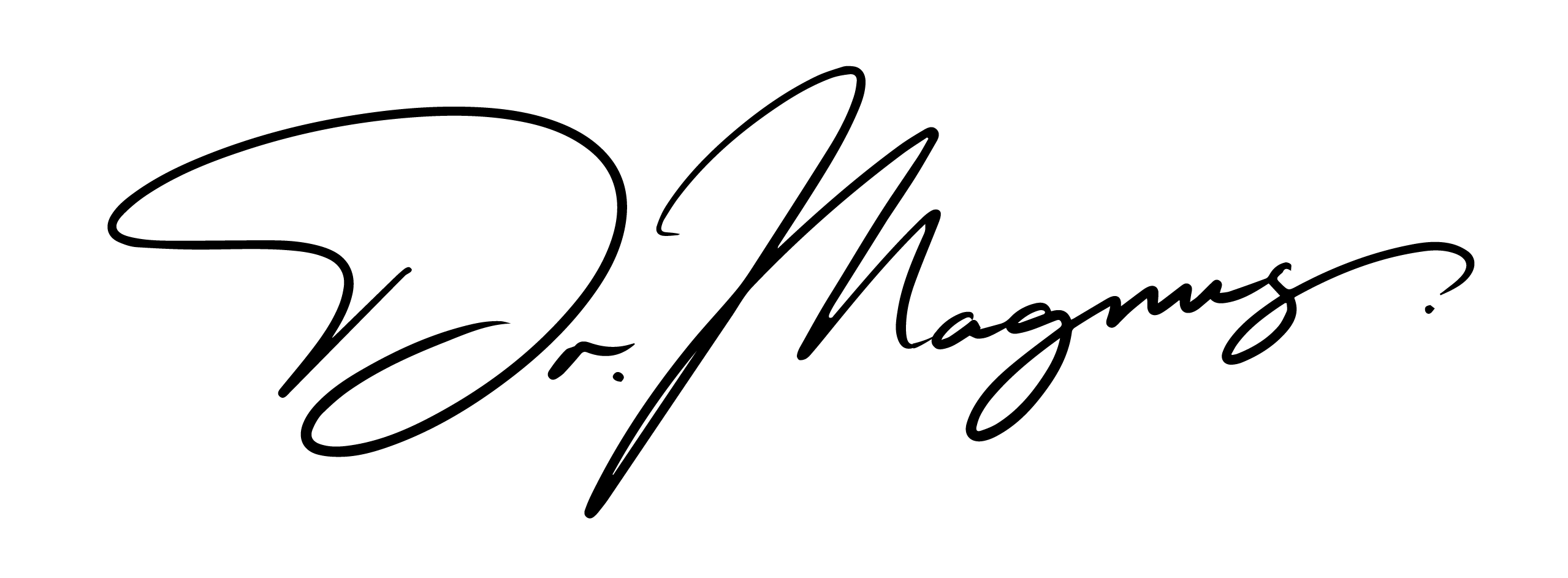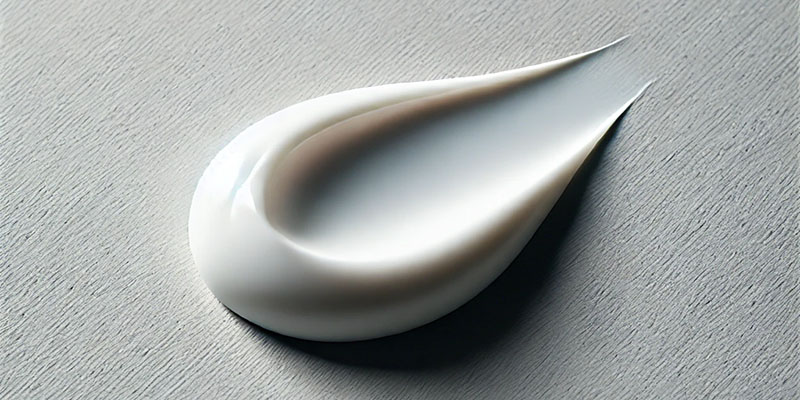Treatment Options
Topical Retinoids
|

|
Topical retinoids, such as tretinoin, adapalene or trifarotene can improve acne, pigmentation, scarring and fine lines and wrinkles. They have the ability to stimulate skin regeneration and cellular turnover. They work by binding to retinoic acid receptors in the skin, leading to an increase in collagen production, and the regulation of cell proliferation and differentiation.

|
3 min read

How to use topical retinoids
- Begin by testing on a small area within the area of concern. For example on the face you can test on the back of the cheek. Apply a small quantity to this area every other day. If tolerated for a week then you can apply to the entire area of concern.
- Retinoids should be applied last thing at night.
- You should not use at the same time as other active ingredients including serums or other acne treatments.
- If you are experiencing irritation then use a smaller quantity and/or apply less frequently.
- You can apply a light water-based moisturiser (e.g. cerave/cetaphil) first and then spread the small quantity of retinoid across the face.
- If you are tolerating well then you can use the retinoid every day rather than every other day and slowly increase the amount that is applied.
Important information about topical retinoids
- Topical retinoids can help with acne, pigmentation, scars and fine lines and wrinkles.
- It will generally take a number of months to notice an effect.
- When first used they can cause irritation or dryness of the skin and it is important to introduce them gradually in order to avoid inflammation and allow the skin to get used to them. Excessive inflammation can cause redness or pigmentary change.
- You should not use retinol-containing products if you are using topical retinoids.
- You should not use topical retinoids if you are pregnant or at risk of becoming pregnant as they can cause birth defects.
- As for any medication it is essential to read the information leaflet that comes within the packaging and contains a full list of all recognised side effects.
What are differences between tretinoin, adapalene and trifarotene?
Trifarotene, tretinoin, and adapalene are all topical retinoids but each has different characteristics.
Tretinoin:
- Mechanism: Tretinoin affects all types of retinoic acid receptors (RAR alpha, beta, and gamma). It is the most researched retinoid and has been used for decades in dermatology.
- Uses: It is used for acne treatment as well as for photoaging (wrinkles, sun damage). It promotes skin cell turnover and can reduce the appearance of fine lines, wrinkles, and uneven skin tone, improve pigmentation and treat acne.
- Side Effects: Tretinoin has a higher potential to cause skin irritation, including redness, peeling, and sensitivity to sunlight. It is usually recommended to start with lower concentrations to build tolerance.
Adapalene:
- Mechanism: Adapalene binds primarily to RAR beta and gamma. It is a synthetic retinoid with a molecular structure that reduces irritation.
- Uses: It is approved for the treatment of acne. It also helps with fine lines and pigmentation.
- Side Effects: Compared to tretinoin, adapalene typically causes less irritation, making it suitable for sensitive skin and as an initial treatment for acne.
Trifarotene:
- Mechanism: Trifarotene is the newest of the three and selectively targets the retinoic acid receptor (RAR) gamma, the most common RAR in the skin. This selective activity may contribute to its effectiveness and potentially lower side effect profile compared to less selective retinoids.
- Uses: It is specifically approved for the topical treatment of acne vulgaris. Studies have shown it to be effective in treating both facial and truncal acne (acne on the back and chest).
- Side Effects: Common side effects include irritation, redness, and itching at the site of application.
Comparison:
- Efficacy: Tretinoin is often considered the gold standard for anti-aging treatments due to its long history of use and extensive documentation. Adapalene and trifarotene are more commonly selected for acne due to their lower irritation profiles.
- Tolerability: Trifarotene and adapalene are generally better tolerated than tretinoin, which can cause significant irritation, especially at higher concentrations.

 | 3 min read
| 3 min read
